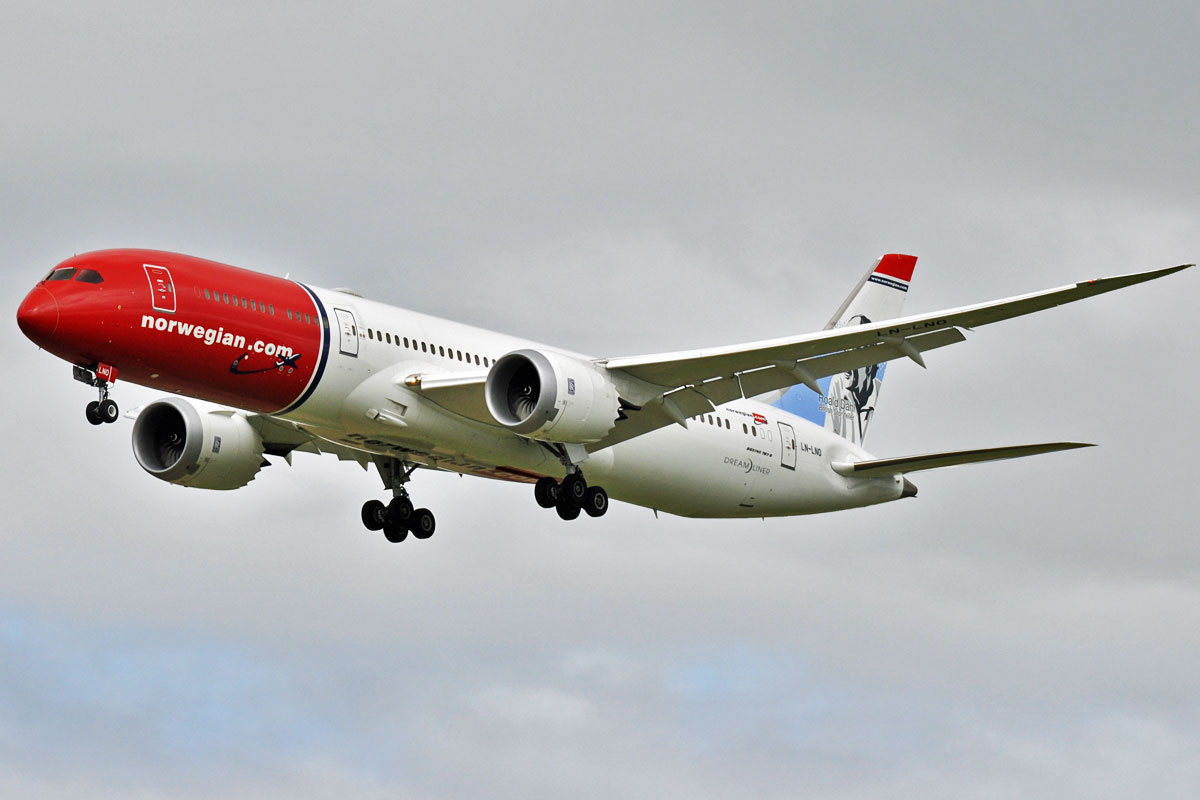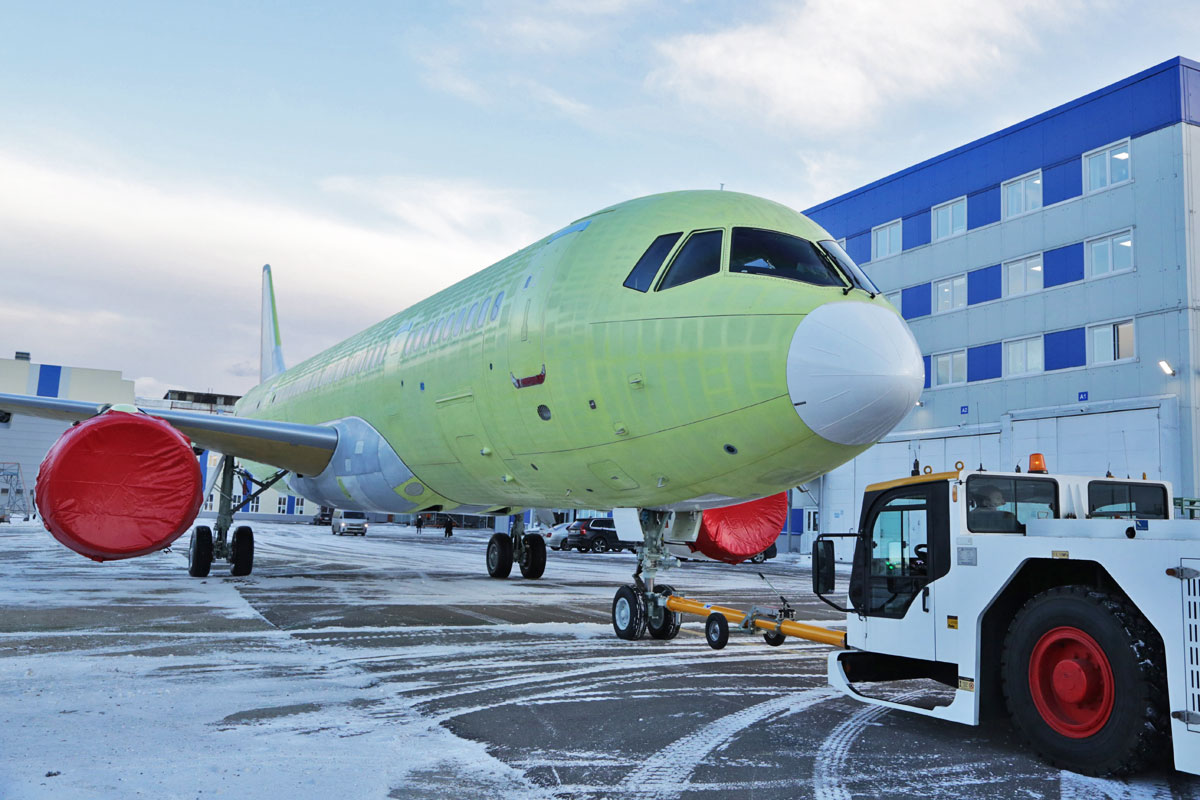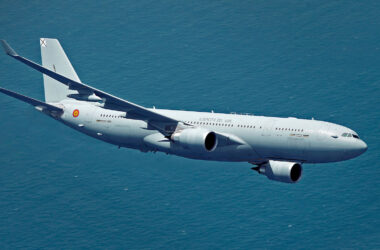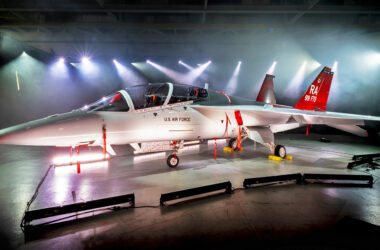The Argentine government decided to launch a program for the recovery and modernization of the presidential Boeing 757, known as ‘Tango 01’. The information was revealed by sources on the Infobae website, which revealed that the work must spend at least $12 million.
Since the beginning of his term, President Alberto Fernández had already determined the return of the aircraft, purchased under the government of Carlos Menem and which has been deactivated for almost five years.
Mauricio Macri, Fernández’s predecessor, preferred to use airliners while it was not possible to buy a newer aircraft. During this period, the jet has been kept in minimal conditions for recovery at the El Palomar airbase at a monthly cost of $220,000.
According to Infobae, the political decision has already been made and its recovery will be carried out at the FADEA plant, a local aircraft manufacturer, in the city of Córdoba.
Despite its age – the plane was acquired in 1992 – the 757-200 would be in good condition, with about 14,000 hours of flight time. Among the works to be carried out are the recovery of turbofans, repair of landing gears, external repainting and installation of more advanced avionics as a digital communication system.
However, the main challenge is to expand the fuel capacity of the twin-engine jet to allow flights with a range of 10,200 km instead of the current 6,000 km.
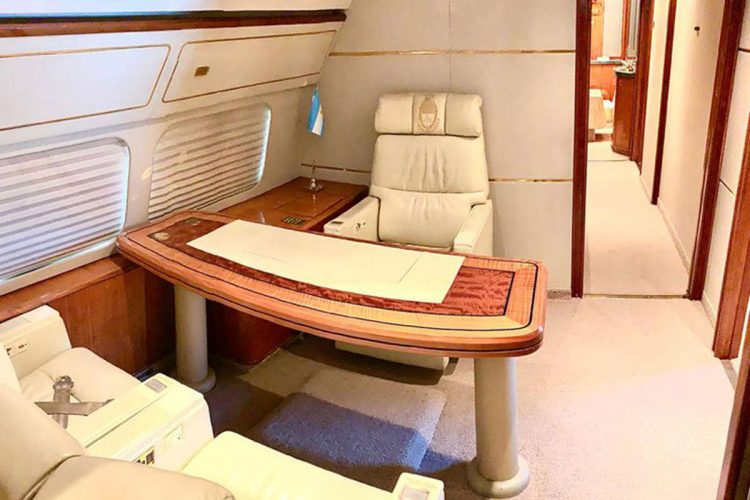
Neighbors with better planes
Rumors that the Fernández government had the intention of recovering ‘Tango 01’ emerged shortly after taking office in early 2020. However, the pandemic delayed a definition and forced the country’s president to use executive jets on his travels in the region.
The intention is to launch an international bid next year, which would include as a requirement the execution of part of the services at FADEA. It is estimated that the work will take about four months to be carried out.
The controversial investment at a time when Argentina is going through a serious financial and health crisis is justified internally by the fact that neighboring countries like Bolivia, Chile and Brazil have “better presidential planes”, says Infobae.


